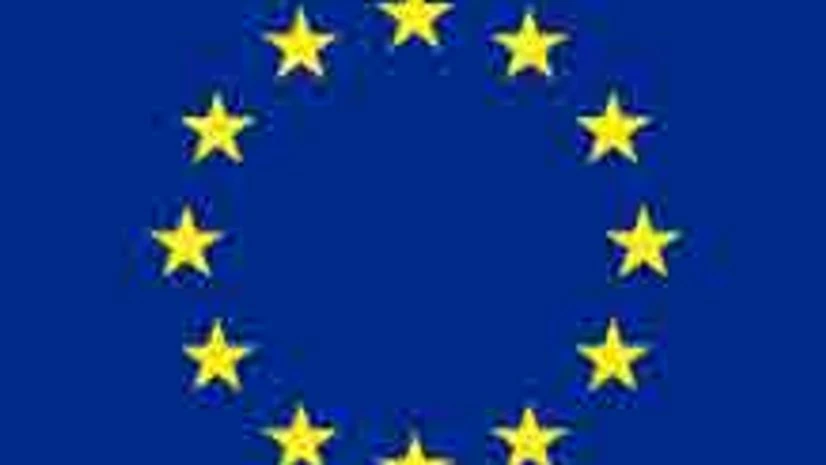Top officials of India and the European Union (EU) will meet again on February 22 in Brussels to review the stalled negotiations for the proposed free trade agreement.
On February 18 here, chief negotiators of both the regions took stock of the outstanding issues, including duty cut on automobiles and movement of professionals, that have held up the talks.
"In that meeting, it was decided that a secretary-level talks should also happen. Commerce Secretary Rita Teaotia will be going to Brussels and meet her counterpart," an official said.
Also Read
The purpose of the meeting is to assess where both sides stand and how India and the EU should go forward with the proposed pact, officially dubbed as Bilateral Trade and Investment Agreement.
The Indian side would apprise the EU that several decisions have already been taken by the government which the 28-nation bloc wants. The decisions include liberalising foreign direct investments norms in sectors like telecom, insurance and various other sectors.
"In the last three years, India has moved ahead. Much of the market access they were looking at was done unilaterally now by India. So this is something the commerce ministry will flag," the official said adding "this is the follow up meeting".
The Indian side would also raise issues related with services as it wants liberalise visa regime for its professionals.
"We expect to see a lot more happening particularly in Mode 4. We want to look at mutual visa liberalisation with the EU countries so that there is a much easier movement of professionals and business people," the official added.
Besides non-tariff barriers which Indian trades are facing may be raised in the meeting.
The last round of trade talks between the two sides happened in May 2013. In that meeting India and the 28-nation bloc failed to bridge substantial gaps on crucial issues, including data security status for the IT sector.
The negotiations for the proposed Broad-based Trade and Investment Agreement have witnessed many hurdles with both sides having major differences on crucial issues.
Besides demanding significant duty cuts in automobiles, EU wants tax reduction on wines and spirits and dairy products and a strong intellectual property regime.
The free trade pact is aimed at reducing or significantly eliminating tariffs on goods, facilitating trade in services and boosting investments between the two sides.
The two-way commerce in goods between India and the EU was USD 98.5 billion in 2014-15.

)
